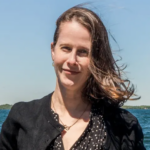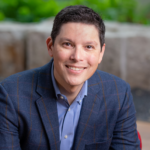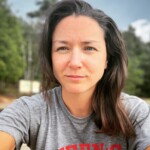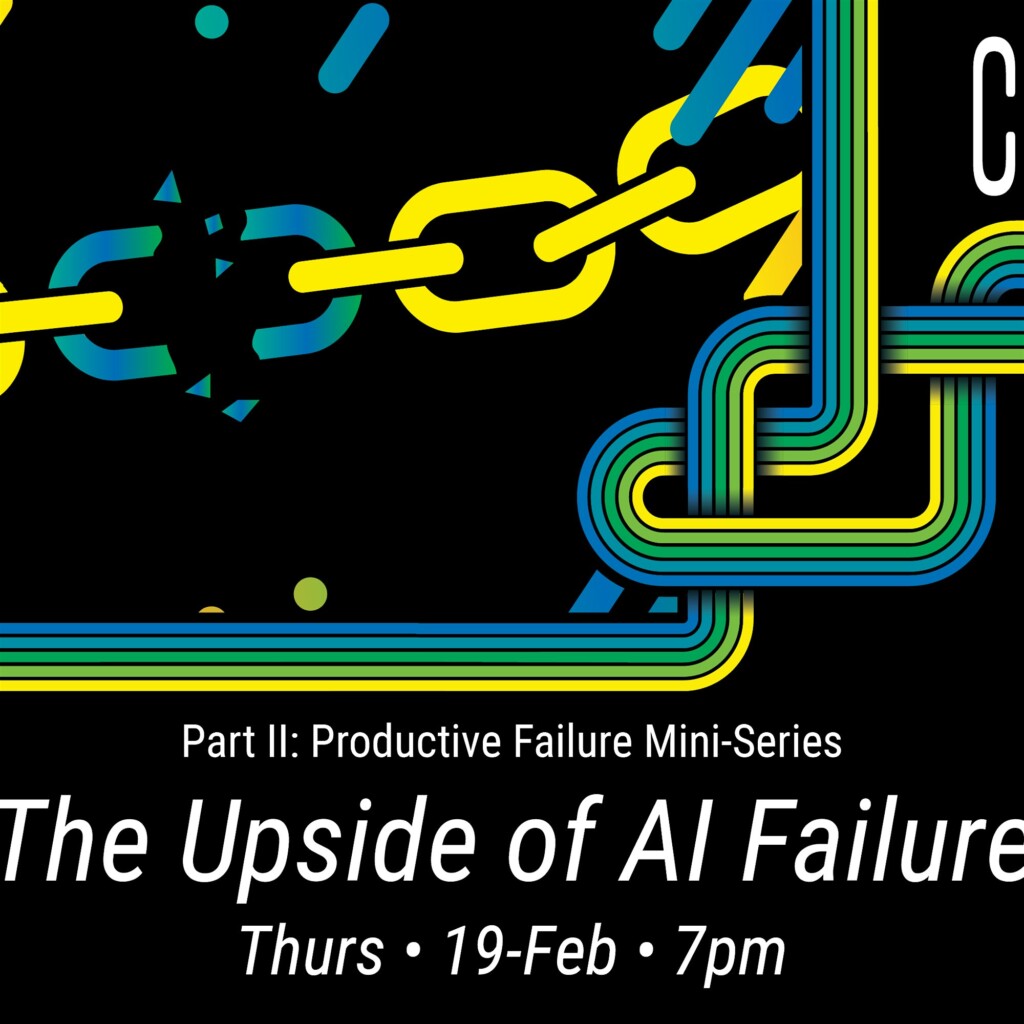Join us on Earth Day 2025 for a thought-provoking fireside chat featuring experts Hilary Dugan, Manny Teodoro, and Christy Remucal. Delve into the world of PFAS—per- and polyfluoroalkyl substances—often referred to as “forever chemicals.” Our distinguished panel will explore the complex challenges these contaminants pose to our environment and public health, their impact on water systems, and the urgent policy changes needed to safeguard our future. This conversation will shed light on the critical decisions and innovations required to address one of today’s most pressing environmental issues.
 Dr. Remucal’s Aquatic Chemistry research group works in two major areas. First, they investigate the transformation of polar organic contaminants in both natural and engineering aquatic systems. Contaminants of interests include aquatic pesticides, pharmaceuticals, and per- and polyfluoroalkyl substances (PFAS). They are interested in photochemical reaction mechanisms, oxidative transformation at mineral surfaces, and fate in conventional and advanced drinking water treatment systems. Second, they study the molecular composition and reactivity of dissolved organic matter (DOM). They couple optical properties and analysis by high resolution mass spectrometry to assess the reactivity of DOM in lakes and engineered treatment systems. By studying fundamental reaction mechanisms, the Aquatic Chemistry group aims to develop models and real-world applications that can be used to improve water quality.
Dr. Remucal’s Aquatic Chemistry research group works in two major areas. First, they investigate the transformation of polar organic contaminants in both natural and engineering aquatic systems. Contaminants of interests include aquatic pesticides, pharmaceuticals, and per- and polyfluoroalkyl substances (PFAS). They are interested in photochemical reaction mechanisms, oxidative transformation at mineral surfaces, and fate in conventional and advanced drinking water treatment systems. Second, they study the molecular composition and reactivity of dissolved organic matter (DOM). They couple optical properties and analysis by high resolution mass spectrometry to assess the reactivity of DOM in lakes and engineered treatment systems. By studying fundamental reaction mechanisms, the Aquatic Chemistry group aims to develop models and real-world applications that can be used to improve water quality.

Manuel (Manny) Teodoro is a Professor of Public Affairs.
Teodoro works at the intersection of politics, public policy, and public management. His research focuses on U.S. environmental policy and implementation, including empirical analyses of environmental justice. His latest book, “The Profits of Distrust” (2022, Cambridge), argues that basic services are the bedrock of government legitimacy, and links the meteoric rise of the bottled water industry to declining trust in American democracy.
In addition, Teodoro pursues a line of applied research on utility management, policy, and finance. He has developed novel methods for analyzing utility rate equity and affordability, and he works directly with governments and water sector leaders across the United States to address policy problems.
 Dr. Hilary Dugan’s research broadly focuses on how terrestrial and atmospheric changes alter biogeochemical fluxes and aquatic processes in inland waters. Her MCM research interests focus on lakes (physics, biogeochemistry, long term changes) and climate change.
Dr. Hilary Dugan’s research broadly focuses on how terrestrial and atmospheric changes alter biogeochemical fluxes and aquatic processes in inland waters. Her MCM research interests focus on lakes (physics, biogeochemistry, long term changes) and climate change.
 We value inclusion and access for all participants. If you would like to request reasonable accommodations to enhance your participation experience, please email idhub@wid.wisc.edu no later than 2 weeks prior to the event. This event is wheelchair accessible.
We value inclusion and access for all participants. If you would like to request reasonable accommodations to enhance your participation experience, please email idhub@wid.wisc.edu no later than 2 weeks prior to the event. This event is wheelchair accessible.
All Crossroads of Ideas sessions are recorded and shared post-event.






